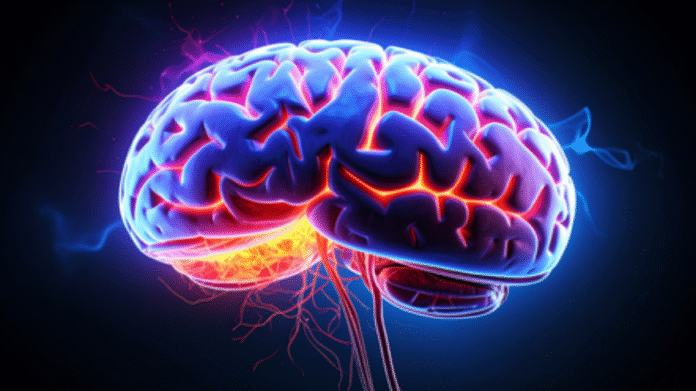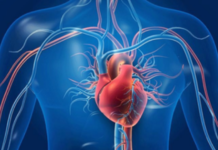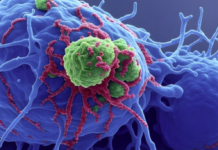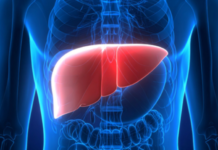NEW DELHI– Indian researchers have uncovered a promising new approach to diagnosing and potentially curing Alzheimer’s disease using microRNAs (miRNAs), a class of molecules whose discovery earned the Nobel Prize in Physiology or Medicine last year.
A team from the Jawaharlal Nehru Centre for Advanced Scientific Research (JNCASR), an autonomous institute under the Department of Science and Technology, has identified specific miRNA-mRNA pathway networks altered in Alzheimer’s that could serve as both diagnostic markers and drug targets. Their findings were published in NAR Molecular Medicine.
Alzheimer’s, marked by the accumulation of protein clumps in the brain, progressive memory loss, and cognitive decline, affects over 57.4 million people worldwide — a figure projected to rise to 152.8 million by 2050.
The JNCASR team, led by Madhu Ramesh and Prof. Thimmaiah Govindaraju, used a double transgenic Alzheimer’s mouse model to identify novel miRNAs involved in disease development. They found that miR-7a — which targets Klf4, a master regulator of gene expression — was significantly elevated in Alzheimer’s brains.
Further analysis revealed that the miR-7a–Klf4 axis regulates neuroinflammation, a key driver of Alzheimer’s pathology, as well as ferroptosis, an iron-dependent form of cell death implicated in the disease.
To counter these effects, researchers developed a modified miR-7a mimic that effectively silenced Klf4 expression and reversed disease-related damage in the mouse model. They also tested Honokiol, a natural compound derived from Magnolia bark and seed cones, which targets Klf4 to reduce neuroinflammation and ferroptosis.
“The study offers valuable insight into Alzheimer’s disease by uncovering the regulatory role of miR-7a in controlling neuroinflammation and ferroptosis via Klf4 targeting,” said Prof. Govindaraju.
The team believes this approach could lead to a new class of miRNA-based therapeutics. “With clinical evaluation, the developed miRNA mimic and small molecule, if proven safe and effective, could potentially cure Alzheimer’s, benefiting both patients and caregivers,” the researchers noted. (Source: IANS)














